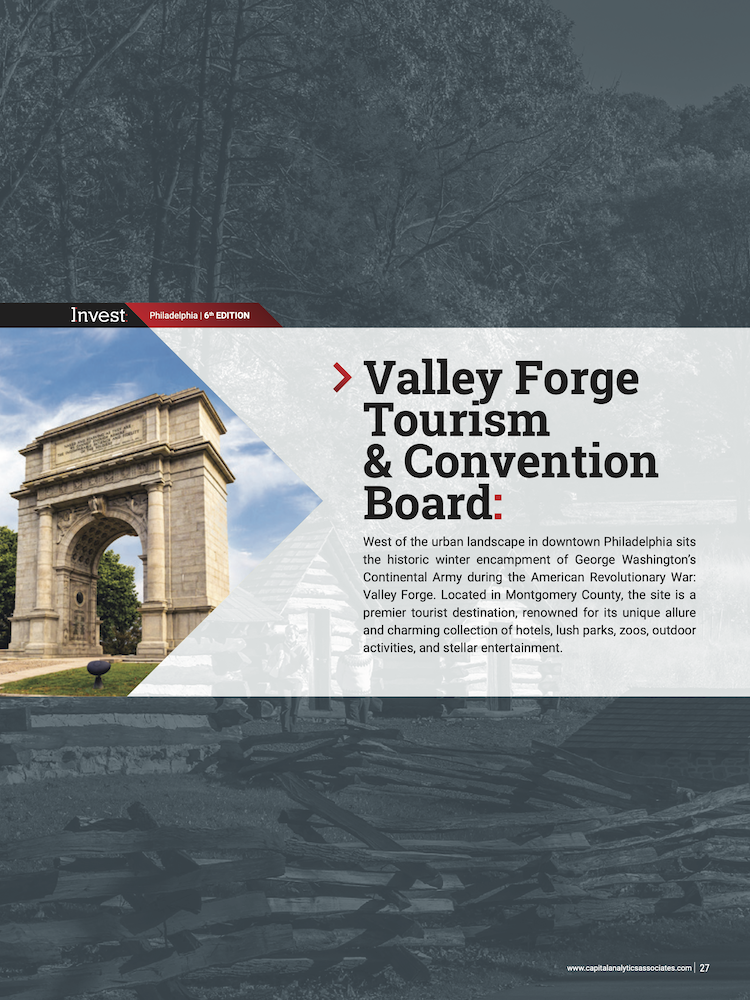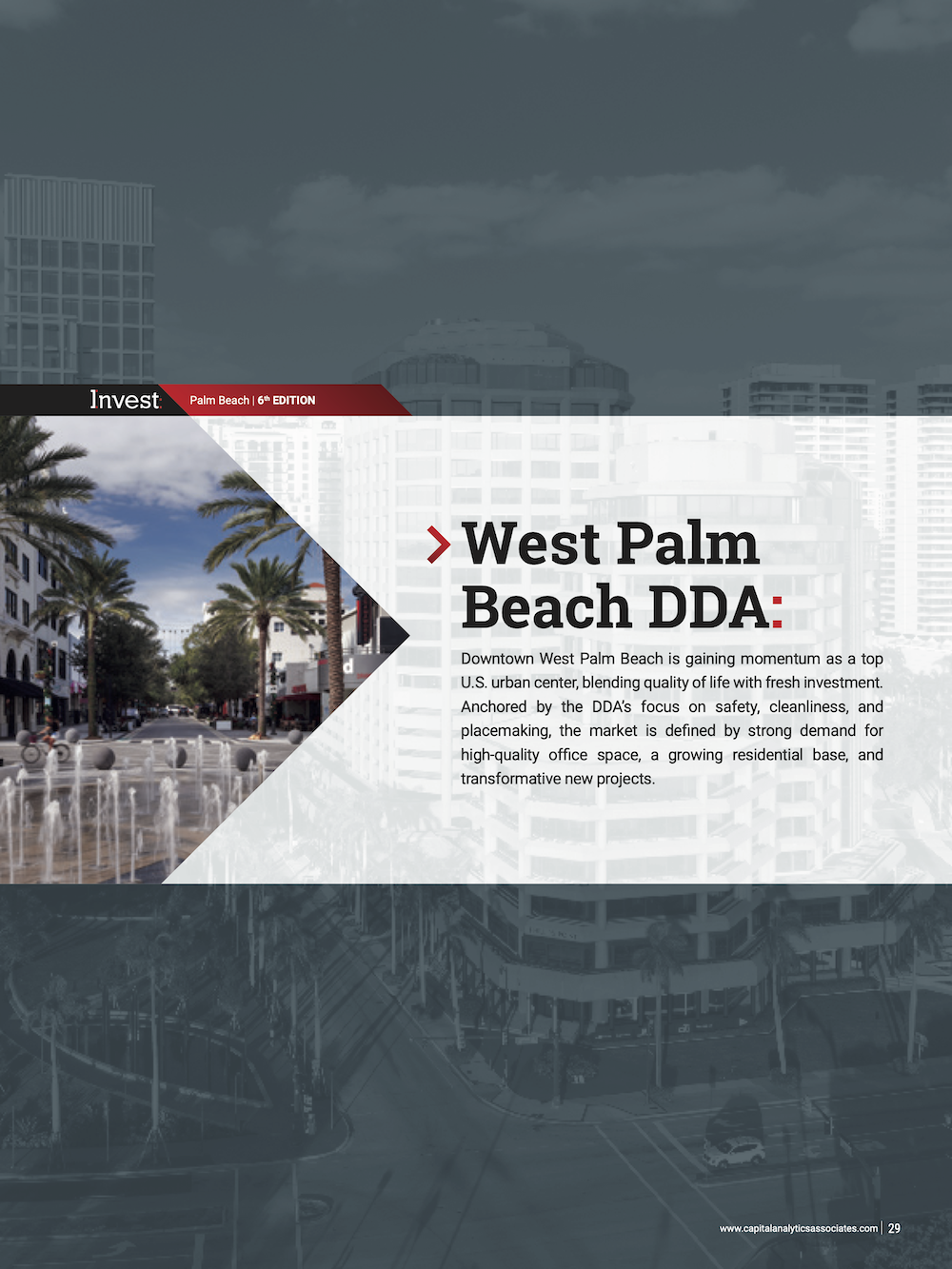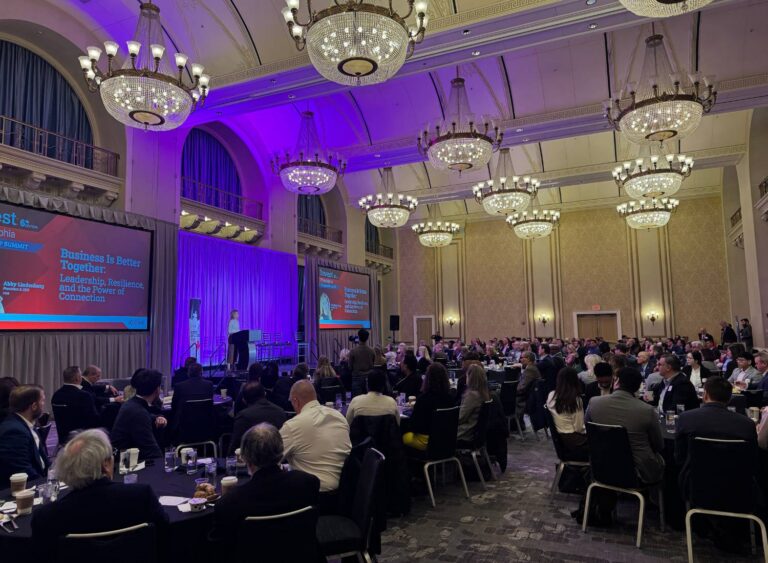Spotlight On: Scarlett Howery, Vice President of Public Workforce Solutions, DeVry University
 October 2024 — In an interview with Focus:, Scarlett Howery, vice president of public workforce solutions at DeVry University, highlighted the significant milestones in workforce solutions over the past 12 to 18 months, emphasizing the increasing importance of skill-based hiring, expanding upskilling programs, and strategic industry partnerships.
October 2024 — In an interview with Focus:, Scarlett Howery, vice president of public workforce solutions at DeVry University, highlighted the significant milestones in workforce solutions over the past 12 to 18 months, emphasizing the increasing importance of skill-based hiring, expanding upskilling programs, and strategic industry partnerships.
What were the significant milestones and achievements in your role in the public workforce solutions arena at DeVry over the last 12 to 18 months?
Workforce solutions have seen significant changes over the past year, with a growing convergence between higher education and public sector needs. Skill-based hiring is becoming more critical than degrees, with a strong emphasis on directly applicable skills.
Gen Z students are particularly vocal about wanting career-focused skills, and employers are echoing this, seeking upskilling solutions that align with degree programs. These solutions target specific courses and skills to help workers transition into new roles or advance in their current positions.
A key development this year is the increased demand from employers for upskilling programs tailored to these needs. At DeVry, we’re collaborating with employers to create these upskilling solutions, enabling their employees to advance in their careers.
In Atlanta, we’ve relaunched our dual enrollment program with the DeKalb County School District, allowing high school students to earn both a diploma and a college certificate in programming essentials. This initiative responds to younger learners’ desire to acquire skills early, enabling them to enter the workforce immediately after graduation. Many young people are now saying, “I want the skill now; the degree can come later.” This partnership with DeKalb County highlights our commitment to addressing these evolving needs in workforce solutions.
How is the economic environment, with inflation and uncertainty, impacting employers in their response to workforce needs?
We’re hearing that there’s a significant skill gap, and employers are struggling to find workers with the specific skills that are in demand right now. For example, AI is impacting every industry, and many employees, both current and potential, either lack the necessary skills or need to acquire them quickly. Employers are turning to higher education and educational resources to help close this gap. Another factor that’s still relevant is a real need for diversity in the workforce because it makes organizations more competitive. Having perspectives from people with different backgrounds and experiences is invaluable.
At DeVry, we’ve developed several initiatives to address these challenges. One is our Scholars Program, which targets underrepresented groups in specific fields, providing them with additional resources while they earn their degrees. We have three programs: Women in Tech, NextGen Hispanic Scholars, and Future Cyber Defenders. These co-curricular programs offer mentorship, networking opportunities, and additional skills training, including certifications. The goal is not only to help these students earn their degrees but also to prepare them to thrive in their chosen industries.
For employers, this is beneficial because they’re looking for both technical skills and the professional or “soft” skills that our Scholars Program helps develop. This program also supports current employees who need upskilling, offering them similar opportunities to grow within their organizations while gaining the skills they need.
How does DeVry support companies in utilizing state and federal grants or tax incentives to further their workforce development goals?
We take several steps to support employers. First, we help them understand and align their internal policies, especially tuition benefits, with their training and development goals, ensuring these benefits are used effectively.
Our Completion Grant program is one approach, designed to use upskilling and reskilling funds or tuition benefits to support employee training. To remove barriers like upfront costs, we offer direct billing to employers, easing the financial burden on employees and enabling them to pursue necessary classes.
We also collaborate with workforce grant programs, such as the Workforce Investment Act in states like Georgia and Florida to provide opportunities for workers. By involving employers in the process, we ensure that learners have a clear pathway to roles within their organizations after completing their training.
Lastly, we actively seek workforce solution programs that require employer partnerships, co-writing grant applications to invest in employees, and making opportunities accessible without financial barriers. This approach helps both employers and employees succeed.
What trends are you observing in the demand for specific skills or certifications, and how are you adapting your curriculum to stay ahead of these trends?
AI, AI, AI — that’s the big trend right now. We’ve made significant strides in adapting to this demand. Over the past year, we’ve updated courses, integrating AI resources to ensure our learners gain relevant skills. We’ve also incorporated diversity, equity, and inclusion (DEI) elements into these courses to prepare future leaders to communicate effectively and lead inclusively.
Additionally, we’ve established an AI Lab where our faculty collaborate to identify not only what’s needed in the classroom but also which AI tools can support students outside of it. This might involve enhancing student services, providing answers to frequently asked questions, or offering tutoring opportunities — all of which are integrated into our Care Engine. This system proactively supports students, ensuring their success both in and out of the classroom.
Beyond AI, DEI initiatives for leaders are crucial as we train them to be inclusive and equitable. Another significant trend is in advanced manufacturing. This field is undergoing a technological transformation, moving from traditional, “dirty” manufacturing to cleaner, tech-driven processes. For instance, with the rise of electric vehicles, we’ve been very intentional about infusing advanced manufacturing technology into our curriculum. This aligns with DeVry’s roots as a technology university and ensures we support the growing demands of the advanced manufacturing industry.
What are your top priorities for workforce solutions over the next two to three years?
Expanding our offerings is a top priority, especially in developing micro-credentials and micro-certificates as skill-based hiring grows. These short-form training opportunities are crucial, and we’re investing in resources to ensure learners gain both technical and professional skills for immediate impact.
Affordability is another key focus. We know many learners struggle with the cost of education, so we’re offering shorter, more affordable courses and collaborating with corporate partners to provide financial support. The Completion Grant program, for example, helps employees access tuition benefits to make upskilling more accessible.
Driving additional industry partnerships through our Scholars Programs is also essential. Employers need skilled workers who stay and grow within their companies. By providing ongoing mentorship and resources, we help ensure employees start strong and continue to thrive.
DeVry serves both employers and learners, and understanding their needs is vital. Building strong corporate partnerships helps us close skill gaps and support learners in their educational and career journeys.
Lastly, I’m proud to share that over 7,500 scholars have participated in our Women in Tech, NextGen Hispanic Scholars, and Future Cyber Defender programs. These students are entering the industry ready to make an impact, particularly by increasing diversity in tech careers — a mission we’re incredibly excited about.
For more information, please visit:
https://www.devry.edu/












